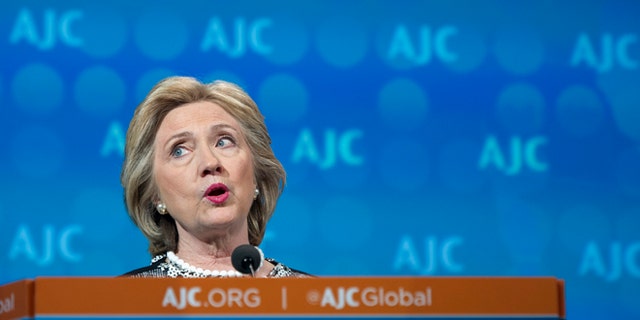
Unsurprisingly, both countries are at it again. The administration also deprioritized cyber-espionage in its trade negotiations with China and failed to confront Russia over its interference in U.S. It omitted any reference to climate change in its 2017 National Security Strategy and attempted to block Rod Schoonover, a senior intelligence official, from briefing Congress about it. The Trump administration has taken a similarly misguided approach to other nontraditional threats. The costs of this misjudgment have been astronomical. Agency for International Development program created during my time as secretary of state to detect viral threats around the world, and it has repeatedly tried to slash funding for the Centers for Disease Control and Prevention. The Trump administration also shut down the U.S. They dismantled the National Security Council’s pandemic directorate, folding it into the office responsible for weapons of mass destruction, and filled a national medical stockpile with drugs for anthrax and smallpox while neglecting the personal protective equipment needed for a pandemic. President Barack Obama’s national security staff left a 69-page playbook for responding to pandemics, but President Donald Trump’s team ignored it, focusing instead on the threat of bioterrorism. There is no more poignant example than the current administration’s failure to grasp that a tourist carrying home a virus can be as dangerous as a terrorist planting a pathogen. SHORTSIGHTEDįor decades, policymakers have thought too narrowly about national security and failed to internalize-or fund-a broader approach that encompasses threats not just from intercontinental ballistic missiles and insurgencies but also from cyberattacks, viruses, carbon emissions, online propaganda, and shifting supply chains. And it would help the United States regain its footing in an uncertain world. Integrating foreign and domestic policy in this way would make both more effective. That would not only help the United States compete with its rivals and prepare for nontraditional threats such as climate change and future pandemics it would also blunt some of the economic pain caused by budget cuts at the Pentagon.

#HILLARY CLINTON ON THE NUCLEAR TIME FREE#
Modernizing the military would free up billions of dollars that could be invested at home in advanced manufacturing and R & D. These twin projects are mutually reinforcing. Another is to renew the domestic foundations of its national power-supporting American innovation and bolstering strategically important industries and supply chains.

The COVID-19 crisis should be a big enough jolt to rouse the country from its sleep, so that it can summon its strength and meet the challenges ahead.Īmong the highest priorities must be to modernize the United States’ defense capabilities-in particular, moving away from costly legacy weapons systems built for a world that no longer exists.

In the past, it sometimes has taken a dramatic shock-Pearl Harbor, Sputnik, 9/11-to wake up the United States to a new threat and prompt a major pivot. Its industrial and technological strength has atrophied, its vital supply chains are vulnerable, its alliances are frayed, and its government is hollowed out. The country is dangerously unprepared for a range of threats, not just future pandemics but also an escalating climate crisis and multidimensional challenges from China and Russia.

The current crisis should also prompt a reckoning about the United States’ national security priorities. In a year marked by plague and protest, Americans are reckoning with long-overdue questions about racial justice, economic inequality, and disparities in health care.


 0 kommentar(er)
0 kommentar(er)
